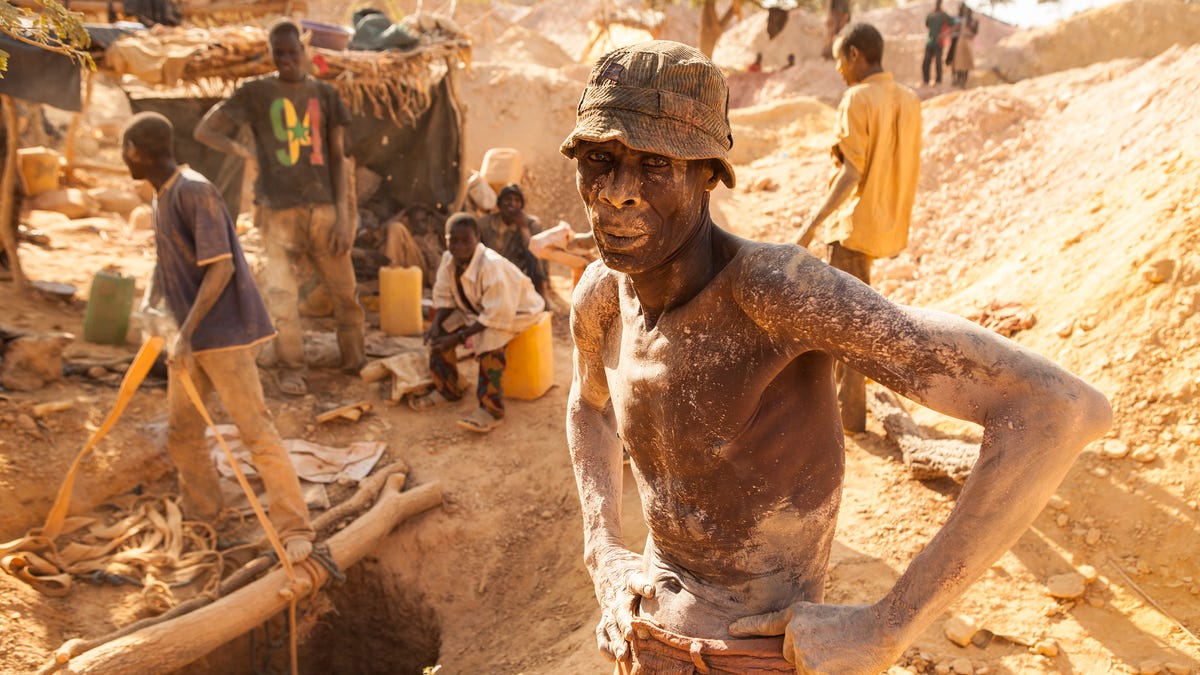
In a significant shift, African governments are regaining control of their mining industries after decades of dominance by transnational corporations. This change comes as a result of recent policy revisions that aim to strengthen government oversight and secure greater benefits from mining operations.
The return of control to African governments marks a departure from the neoliberal policies of the 1990s that emphasized privatization and foreign investment. These policies led to a surge in foreign direct investment in the mining sector, but they also resulted in a decline in government revenue and a weakening of local communities.
The new approach, inspired by the African Mining Vision, seeks to strike a balance between attracting foreign investment and promoting sustainable development. African governments are negotiating more favorable terms with mining corporations, demanding greater transparency and accountability, and investing in infrastructure and skills development to boost the local economy.
The shift in power is not without its challenges. Transnational corporations remain powerful actors in the global mining industry, and they are likely to resist attempts to reduce their influence. However, African governments are increasingly united in their determination to assert control over their mineral resources and use them to drive economic development.
Key Points:
- African governments are regaining control of their mining industries after decades of dominance by transnational corporations.
- This change comes as a result of recent policy revisions that aim to strengthen government oversight and secure greater benefits from mining operations.
- The new approach, inspired by the African Mining Vision, seeks to strike a balance between attracting foreign investment and promoting sustainable development.
- African governments are negotiating more favorable terms with mining corporations, demanding greater transparency and accountability, and investing in infrastructure and skills development to boost the local economy.
- The shift in power is not without its challenges, but African governments are increasingly united in their determination to assert control over their mineral resources and use them to drive economic development.
